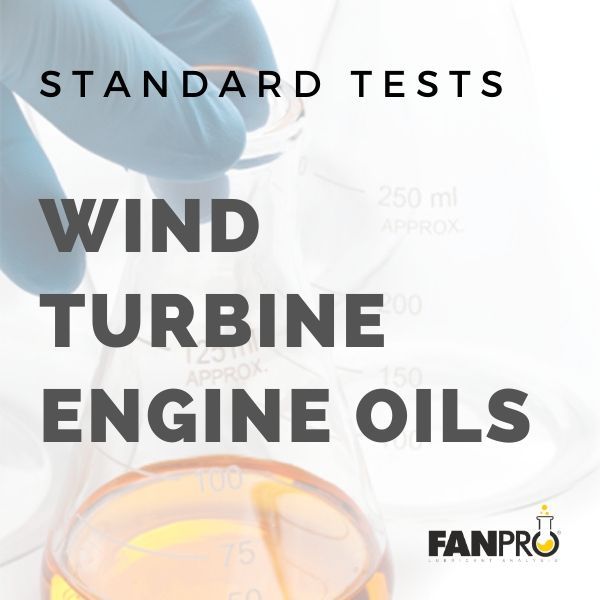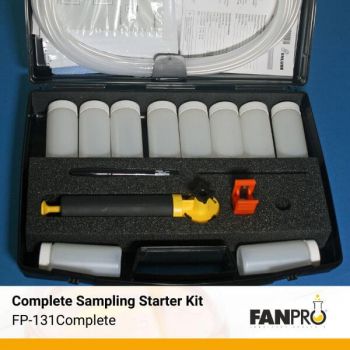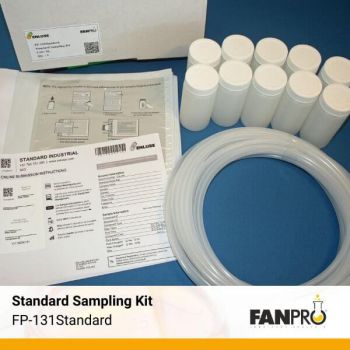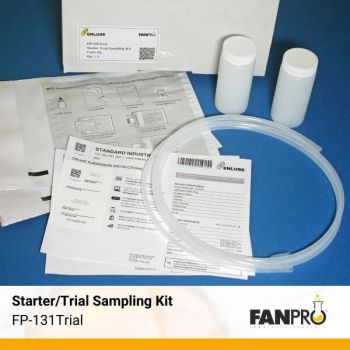We use cookies to make your experience better. To comply with the new e-Privacy directive, we need to ask for your consent to set the cookies. Learn more.
Wind Turbine System Oils Test
Standard Test: Wind Turbines System Oils
Wind Turbine System Oils Test
Standard Test: Wind Turbines System Oils
Harsh environmental conditions, varying loads and speeds and necessary lubricant compatibility all contribute to stressed wind turbine gearbox lubricant performance. The industry’s expectation of an increasing service life for gearboxes requires lubricants to exhibit exceptional durability and reliability in service. Wind turbines are one of the most challenging applications for industrial lubrication. The wind turbine gear oils are a significant contributor to the overall operating cost of wind power generation, especially the attendant costs of replacement and quality monitoring. By monitoring the gearbox and bearing lubrication, wear and tear can be detected at an early stage and damage can be avoided.
The standard test "Wind Turbine System Oils" includes:
-
Viscosity @ 40°C or 100°C
ASTM test uses a constant temperature bath. The efflux time is measured between two points. The viscosity is computed by using a calibration constant and the efflux time. Viscosity is reported in centistokes (cSt) at 40ºC or 100ºC.S ample bottle size: 90 ml.
-
Viscosity Index
Viscosity index (VI) is a measure for the change of viscosity with variations in temperature. The lower the VI, the greater the change of viscosity of the oil with temperature and vice versa. It is used to characterize viscosity changes with relation to temperature in lubricating oil.
-
Water Content in ppm
Water in any form will cause accelerated wear, increased friction and high operating temperatures. If left unchecked, water will lead to premature machine failure. In most systems, water should not exceed 500 ppm.
-
Oxidation
As oil oxidizes, its ability to lubricate diminishes and, in cases of severe oxidation, noticeable changes occur: it becomes darker and emits odor; varnishes, lacquers and resins are formed; and in the advanced stages viscosity increases, often rapidly.
-
ICP Elements (Wear, additives, contaminants etc.)
Inductively coupled plasma mass spectrometry (ICP-MS) is a type of mass spectrometry which is capable of detecting metals and several non-metals at concentrations as low as one part in 1015(part per quadrillion, ppq) on non-interfered low-background isotopes. This is achieved by ionizing the sample with inductively coupled plasma and then using a mass spectrometer to separate and quantify those ions.
Sample bottle size: 90 ml.
| Brand | FanPro |
|---|---|
| Weight | 453.59 gram / 1 lbs |




